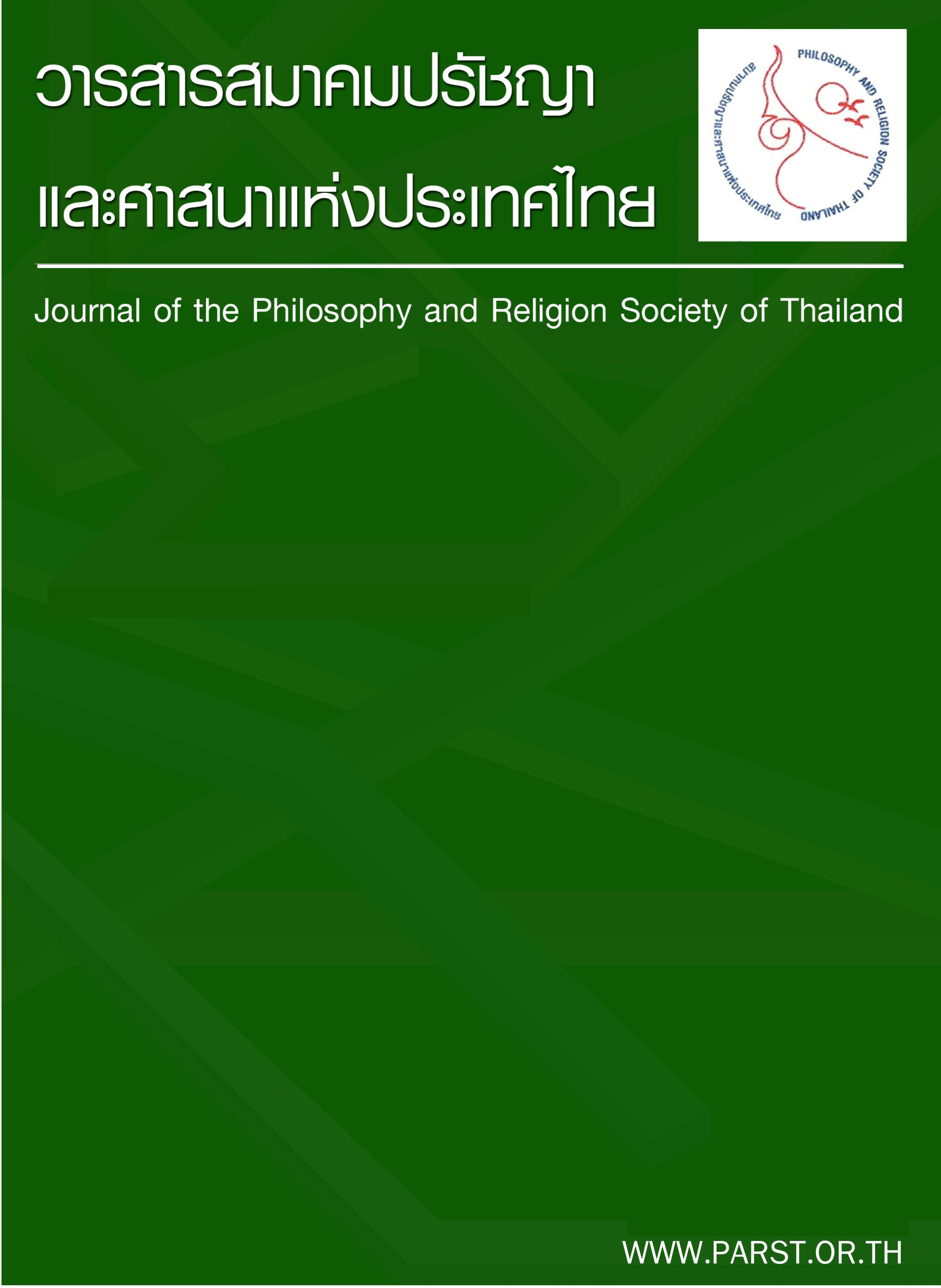Openness and the Public Space: A Buddhist Perspective on Deliberative Democracy The Further Reaches of Deliberative Democracy, A Buddhist Perspective
Main Article Content
Abstract
Deliberative democracy is a concept developed in Western political philosophy, and has garnered attention for its potential to address the limitations of liberal democracy. However, much of the discourse surrounding deliberative democracy has been Western-oriented, and lacking an interdisciplinary perspective that could enrich its intellectual and practical dimensions. This paper provides a critical appraisal of deliberative democracy from a Buddhist perspective and examines how Buddhist philosophy can contribute to the development of open dialogue in the public forum by exploring the relationship between internality and the dynamics of inter-subjectivity in public spaces for participatory democratic politics. The paper examines a Buddhist perspective on deliberative democracy from principles and practice such as compassion, mindfulness, and non-attachment; and with the addition of radical openness. Buddhist philosophy offers compassion as the recognition of the suffering of others and the natural desire to alleviate it. Mindfulness is the practice of attentiveness to the present moment and the matter at hand. Non-attachment is the letting go of desires and attachments that can cause distraction and other detrimental mindstates. The development of basic compassion can help to create a more inclusive and respectful dialogue, as participants are more likely to listen to and consider the viewpoints of others. Mindfulness can help participants to maintain focus on the present moment and to avoid being sidetracked by emotions or other distractions. And, non-attachment can help participants to be open to new ideas and to be willing to change their minds when presented with new information, provisionally and based on reason. The paper claims that deliberative democracy, informed by Buddhist principles and practices, has the potential to play a part in creating a more just and equitable society for all.
Keywords: intersubjectivity, global justice intercultural philosophy, consciousness, Nagarjuna
Article Details

This work is licensed under a Creative Commons Attribution-NonCommercial 4.0 International License.
Articles published in the journal are licensed under the CC Attribution-NonCommercial 4.0 format. Articles can be freely reused or republished provided that they are reused or republished or republished for non-commercial purposes, and that proper credit must be given to the author and the journal.


